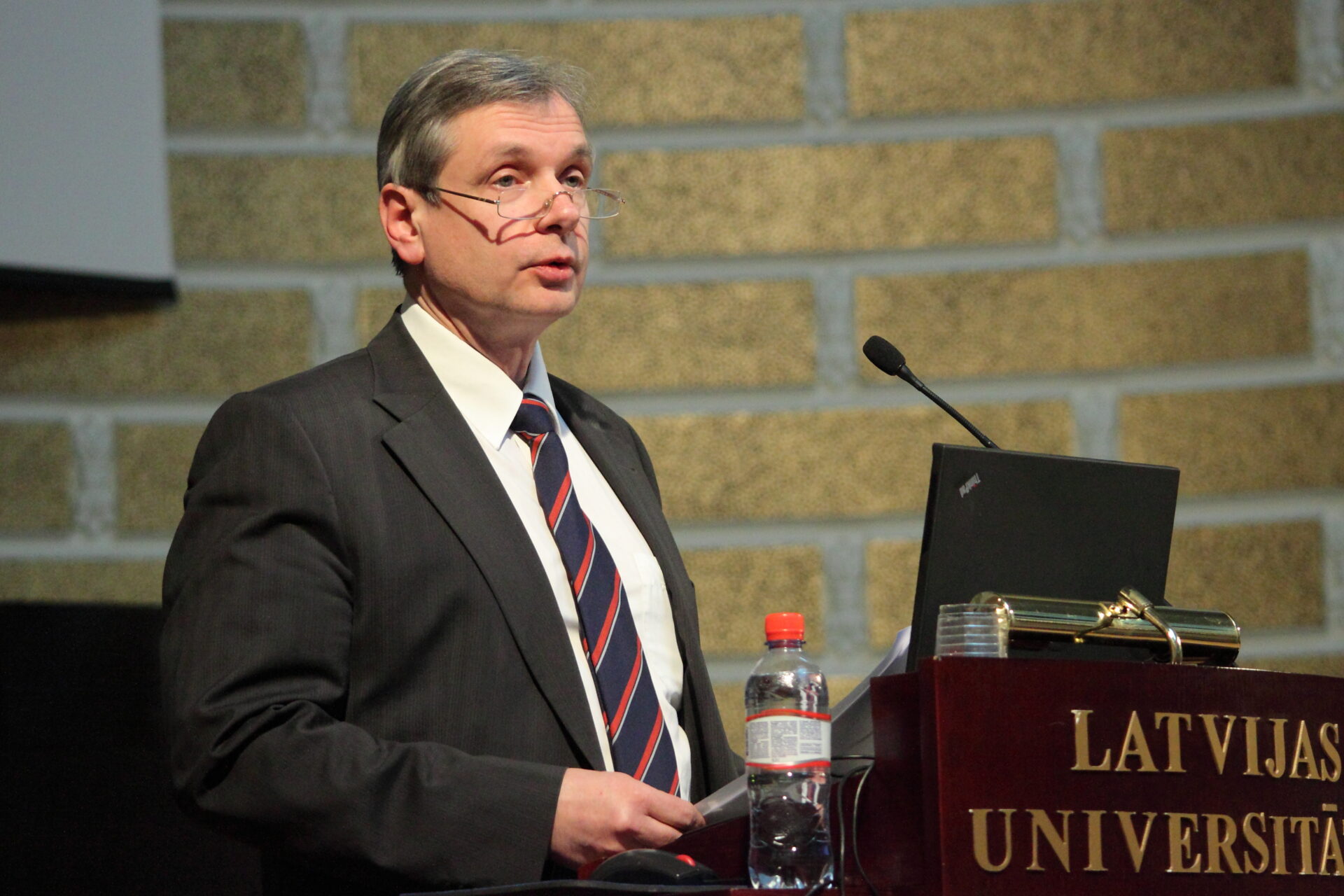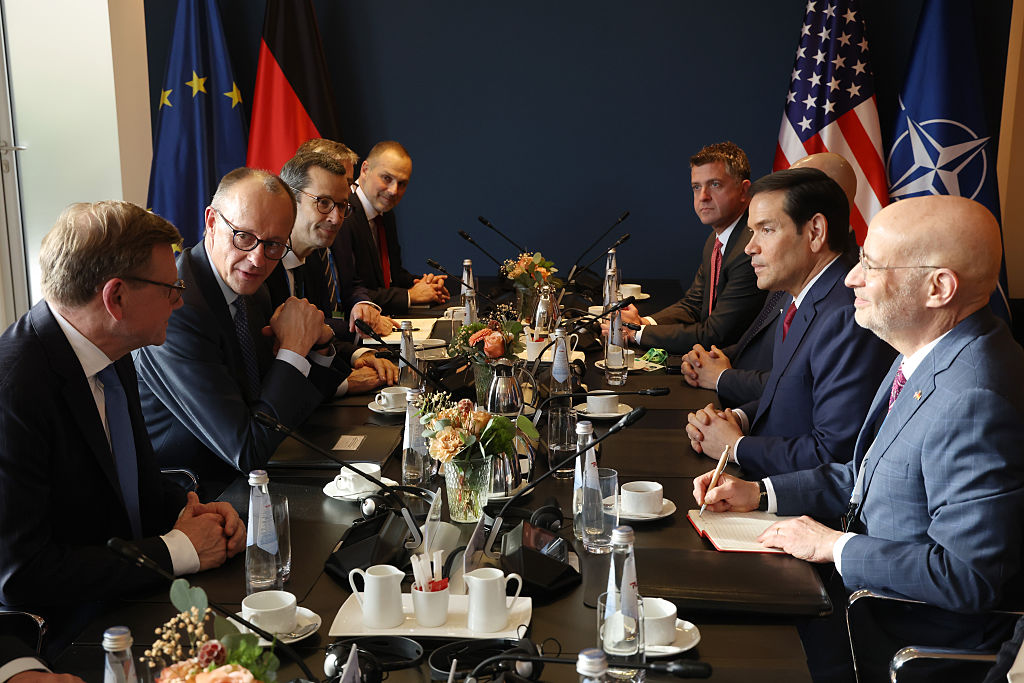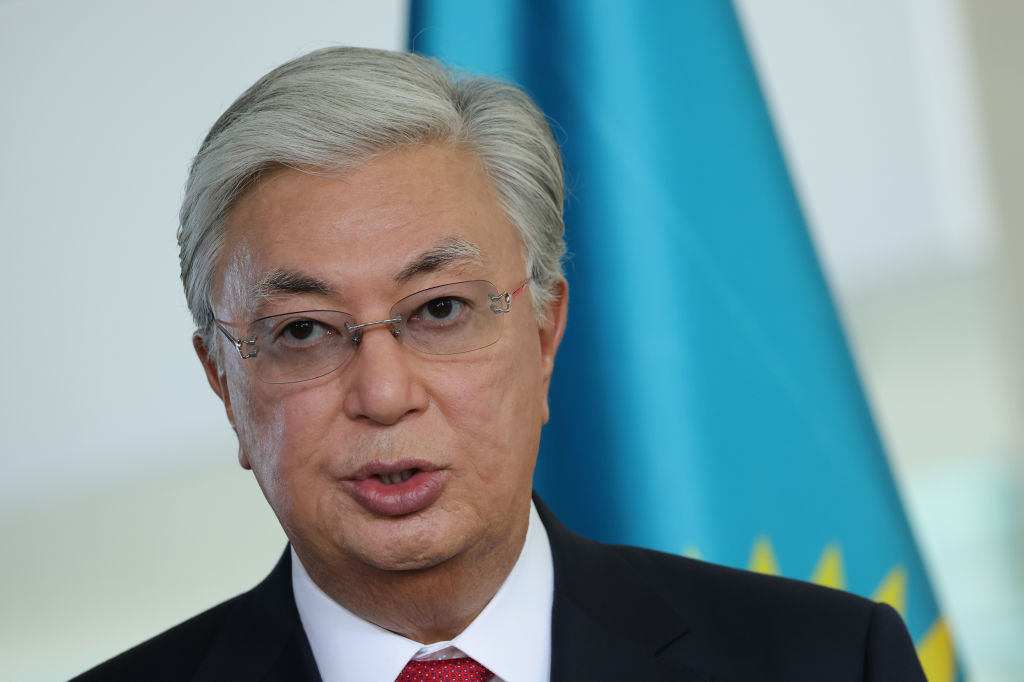
Latvia Defends Its Language Law Despite Massive Russian Pressure
Latvia Defends Its Language Law Despite Massive Russian Pressure
Latvian President Raimonds Vējonis announced new amendments to the set of education laws regulating the transition of all secondary education (high school) within the country into the official state language—Latvian. The system of bilingual high school education is thus set to end by 2022 (Diena.lv, April 2). “Learning in the Latvian language in secondary school will provide equal opportunities for all young people to obtain a quality education and build their lives in Latvia in order to study and work here. It will form a more cohesive society and a stronger state,” President Vējonis noted in early April. Children will still have opportunity to learn about minority identities and cultural subjects, develop their roots, as well as study several important subjects in elementary and primary schools in their mother tongue (Delfi.lv, April 2).
Russia and Russian minority organizations in Latvia have long opposed these developing changes to the Latvian educational system. The Latvian Russian Union, advocates of “saving” Russian schools and those in favor of preserving bilingual education in Latvia, as well as some members of the opposition Harmony party (which represents the country’s Russian-speaking minority) formed an ad hoc coalition to stop these educational reforms. In late 2017, they called for providing administrative autonomy to Russian schools in Latvia. Over 10,000 signatures were collected over a relatively short period of time calling for preserving bilingual education. But by the end of January, the government nonetheless agreed to continue with the reforms (Delfi.lv, March 22).
Latvia’s gradual transition of high school studies into only the Latvian language has long been publicized by Russian-funded and supported media sources and organizations. As the Latvian Security Police notes in its 2017 Annual Public Report, these groups and outlets exploit and mischaracterize the language law issue to undermine Latvia’s international image as well as spread messages about this Baltic State being led by “an ethnocratic and Russophobic regime” (TVNET.lv, March 21). Moreover, as pointed out in the Security Police report, Russian minority leader Tatiana Ždanoka, together with Harmony party members and other allies, have regularly used the absurd, highly polarizing argument that Latvia allegedly plans to fully assimilate its Russian-speaking population under the cover of educational language reform (Delfi.lv, March 20).
The Russian Ministry of Foreign Affairs has also attempted to put pressure on Latvian politicians. The foreign ministry has asserted that these latest amendments to the law adopted by the Latvian parliament will worsen bilateral relations between Latvia and Russia. “Official Riga must understand that it continues to complicate bilateral relations with its unflinching steps, and the responsibility for it lies entirely with Latvia,” the Russian foreign ministry posted on its website. “Amendments adopted by the Nationalist [sic] majority of the Latvian parliament contradict the declarations made by the government of this country regarding trust in high democratic standards and values, as well as international law,” the foreign ministry statement continues (Diena.lv, March 26).
Latvian politicians have so far demonstrated steadfast resilience against such Russian pressure, however. Minister of Foreign Affairs Edgars Rinkēvičs emphasized that education-related issues are “Latvia’s own business,” and “the Russian foreign ministry has no role in the internal affairs of other countries” (Diena.lv, March 26). Latvian Education and Science Minister Kārlis Šadurskis emphasized that the Latvian language and culture are a unifying basis for Latvian society. Therefore, the goal of society as well as the state is to cultivate a common language and ensure the long-term values of integration of national identity, civil society and society. In Šadurskis’ view, the role of the official state language in Latvia will be strengthened thanks to the implementation of strictly Latvian-language high school instruction; but at the same time, the uniqueness and continued development of various national cultures and nationalities inside the country will be preserved (Delfi.lv, March 28).
It took more than 14 years for Latvia to be able to finalize its ongoing education reforms. (TVNET.lv, March 22). Minister Šadurskis noted, “I really appreciate the parliament’s support [for the role the state language should play] in education, encouraged by the Ministry of Education and Science. Education in the state language is our path toward long-term development of a self-confident and independent nation.” He posited that a two-community society is an obstacle, not an incentive for democracy, prosperity and the development of a strong country. “Over-expressed tolerance and empathy toward the fragmentation of Latvian society have been a threat to the Latvian state, and we have to make every effort to eliminate this,” the minister of education and science added. It is only self-evident, he concluded, that Latvian children should learn in a single education system, in the official state language, not in the language of national minorities (Delfi.lv, March 22).
The recently adopted education reforms represent an important step toward building a more cohesive and resilient state. But it will be the heavy responsibility of Latvian politicians and society as a whole to care for and create hospitable conditions for minorities in Latvia in order to be able to integrate all national minorities into the Latvian cultural and language space as quickly and efficiently as possible. Success in this endeavor will be important for minimizing the polarization and rupture of Latvia into a two-community society.


